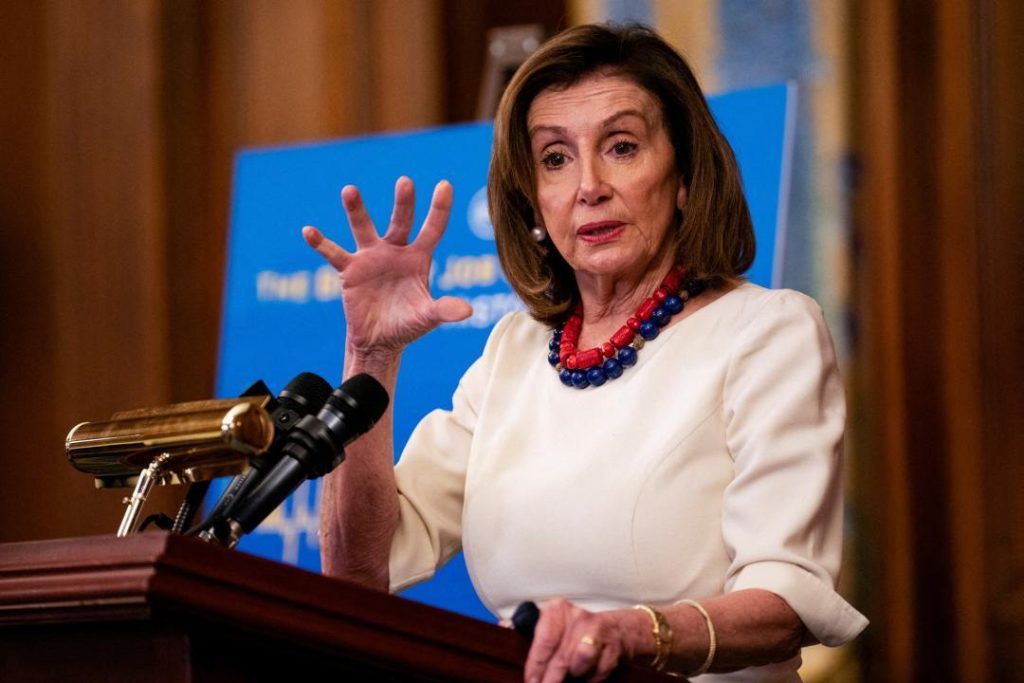
What is the PELOSI Act & why is it named after former US Speaker Nancy Pelosi?
In the United States, there has been a long-standing concern about the potential for lawmakers to use their positions to personally benefit from their investments. This concern has led to the reintroduction of the Preventing Elected Leaders from Owning Securities and Investments (PELOSI) Act, which aims to prohibit lawmakers and their spouses from holding or dealing in stocks while holding office. The act, reintroduced by US Senator Josh Hawley, has sparked widespread debate and raised questions about its implications for lawmakers and the country as a whole.
So, what is the PELOSI Act, and why is it named after former US Speaker Nancy Pelosi?
To understand the PELOSI Act, it is essential to first understand the context in which it was reintroduced. In recent years, there have been several instances of lawmakers facing scrutiny for their investments, with some critics accusing them of using their positions to personally benefit from their investments. For example, in 2020, former Speaker of the US House of Representatives Nancy Pelosi faced criticism for her husband’s investments in companies that benefited from government policies.
The PELOSI Act aims to address this issue by prohibiting lawmakers and their spouses from holding or dealing in individual stocks, bonds, and other securities. Under the act, lawmakers would be allowed to invest in mutual funds, exchange-traded funds (ETFs), and Treasury bonds, which are considered to be less risky and less susceptible to manipulation.
The act is named after Nancy Pelosi, who, as the article notes, “enjoyed major stock market gains during her term as Speaker.” This is because the act is seen as a response to the criticism she faced over her husband’s investments, which many saw as a conflict of interest. By naming the act after Pelosi, the authors of the legislation are highlighting the need for greater transparency and accountability in the financial dealings of lawmakers.
So, why is the PELOSI Act important? Proponents of the act argue that it will help to restore trust in the government and ensure that lawmakers are not using their positions to personally benefit from their investments. They also argue that the act will help to reduce the potential for conflicts of interest and ensure that lawmakers are making decisions that are in the best interests of their constituents, rather than their own financial interests.
Critics of the act, on the other hand, argue that it is an overreach of government power and that it will stifle investment and economic growth. They also argue that the act does not go far enough, as it would still allow lawmakers to invest in mutual funds and ETFs, which could still be manipulated by lawmakers.
Despite the controversy surrounding the PELOSI Act, it is clear that the issue of lawmakers’ financial dealings is a complex and contentious one. As the US continues to grapple with the challenges of the 21st century, it is essential that lawmakers are held to the highest standards of transparency and accountability. The PELOSI Act may not be a panacea for all of the issues surrounding lawmakers’ financial dealings, but it is an important step towards ensuring that lawmakers are making decisions that are in the best interests of their constituents, rather than their own financial interests.
In conclusion, the PELOSI Act is a complex piece of legislation that aims to address the issue of lawmakers’ financial dealings. By prohibiting lawmakers and their spouses from holding or dealing in individual stocks, bonds, and other securities, the act seeks to reduce the potential for conflicts of interest and ensure that lawmakers are making decisions that are in the best interests of their constituents. While the act has sparked controversy, it is clear that the issue of lawmakers’ financial dealings is an important one that must be addressed.






